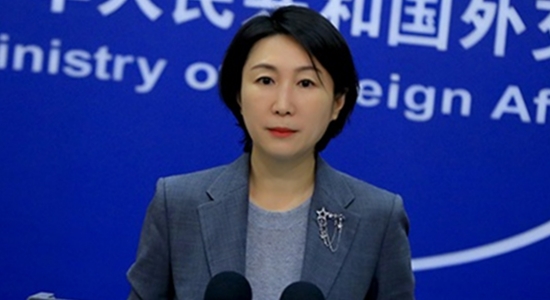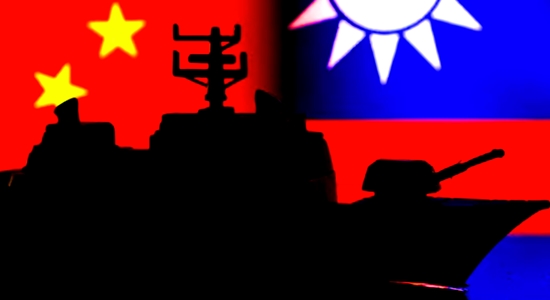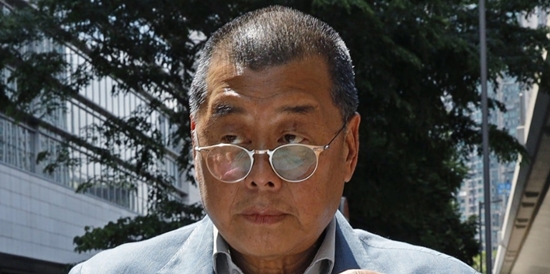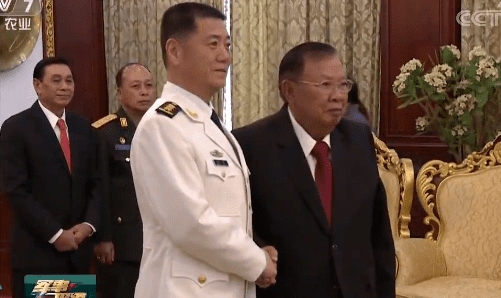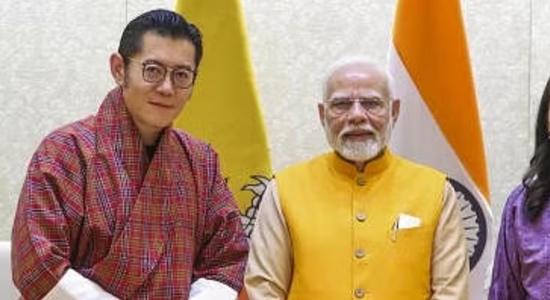
If their answer to that question would be no, they may not be pursuing an entirely sound course of action (“Will China succeed in pulling Bhutan away from India?,” Deccan Herald, December 9, 2024). A professor writes:
The construction of villages across the disputed border is being used by Beijing to put pressure on Bhutan. There have been multiple reports which suggest that these villages have been expanding in size and numbers. They are a part of a bigger Chinese plan to change the ground realities and in effect change the overall narratives surrounding the territorial disputes.
The new “overall narrative” will be that possession is ten tenths of the law.
Bhutan is caught up in a balancing act of managing its friendship with India and the challenges to its sovereignty by China. It is believed that [the purpose of] the doubling of financial support to Bhutan from Rs 5,000 crore to Rs 10,000 crore for 2024-2029, during Modi’s visit to Bhutan at the beginning of 2024, was to mitigate Chinese pressure. Border talks between Thimphu [Bhutan’s capital] and Beijing have been underway since 1984; however, the Chinese believe that “India is the hurdle here.”
When it comes to the recent visit, one cannot shake the idea that the resolving of patrolling rights between India and China after four-and-a-half years of standoff post-Galwan would have cast its shadow. For Thimphu, a positive development between New Delhi and Beijing [bodes] well. If the two major powers are engaging with each other, it is easy for Bhutan to balance the relationship. However, given that the India and Bhutan are bound by the friendship treaty…and India’s consistent financial and military help to Bhutan, Thimphu’s ability [to maneuver diplomatically apart from India is limited].
What does it mean to say that if China and India are “engaging with each other, it is easy for Bhutan to balance the relationship”? That it would be a good idea for Bhutan’s government to be deferential to both China and India and hope that nothing bad happens?
And why would or should the Bhutanese leadership wonder even a little about whether to act in concert with India to prevent China from steamrolling Bhutan even faster?
Pressure
In this same commentary by Gunjan Singh, a professor at O.P. Jindal Global University, Singh has referred to the Chinese government’s “construction of villages across the disputed border”—i.e., within Bhutan—as a means of exerting pressure on Bhutan.
Pressure? Yes, it’s pressure. An invasion always puts pressure on the country being invaded. It’s a pressure cooker. Even a relatively slow invasion.
The author says that “it is believed” that the purpose of India’s recent doubling of its cash payout to Bhutan is to “mitigate Chinese pressure.” The literal statement doesn’t make sense. But perhaps the idea is that the extra cash is designed to mitigate the effects of Chinese pressure, on Bhutan. The purpose of the cash, then, is to reduce Bhutan’s willingness to appease China. Bhutan is being bribed to be braver and more steadfast and more alert to its own interests.
The professor concludes by suggesting that whatever benefits Bhutan may see in submitting to China’s carrot-and-stick diplomacy, a submission that would entail shaking off the “yoke of India’s friendship,” Bhutan has to be concerned about its sovereignty, its survival as a nation. “And the choice in that regard is quite an obvious one for Bhutan.”
Not everybody seems to know that it’s obvious, though.
China and its aggressive policies aren’t going away. Exactly what Bhutan and India should do to protect themselves may be debatable. But whatever they do, they should not kid themselves about the nature and intentions of the Chinese government.
Also see:
Foreign Policy: “China Is Building Entire Villages in Another Country’s Territory”
“The settlement of an entire area within another country goes far beyond the forward patrolling and occasional road-building that led to war with India in 1962, military clashes in 1967 and 1987, and the deaths of 24 Chinese and Indian soldiers in 2020.”
